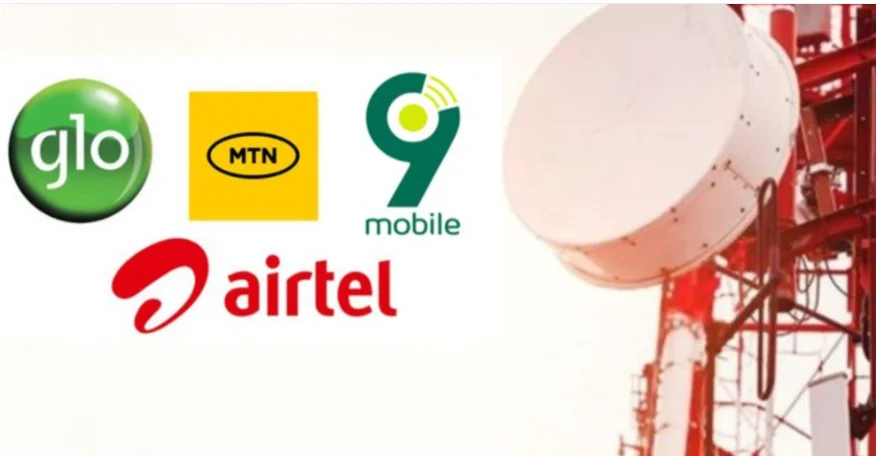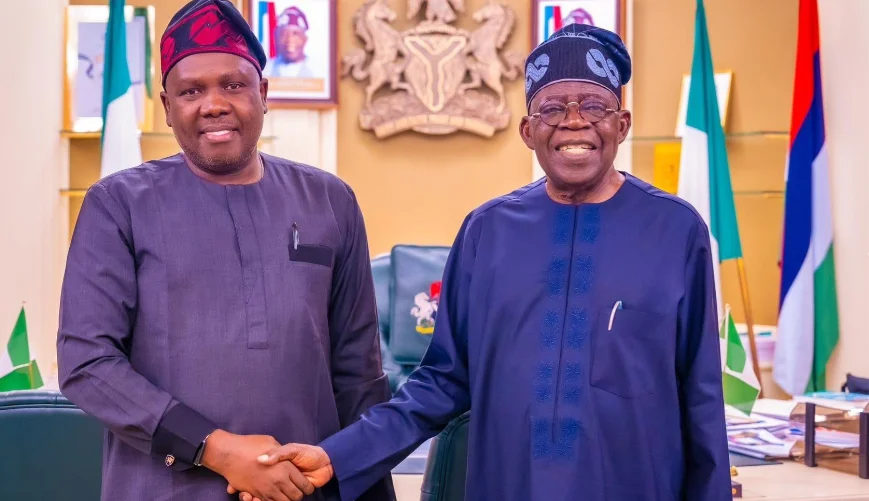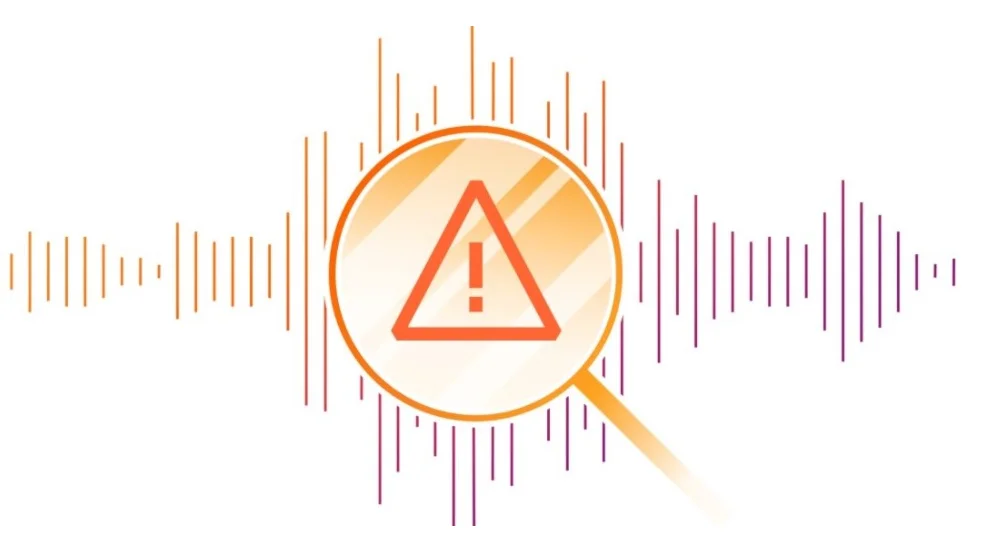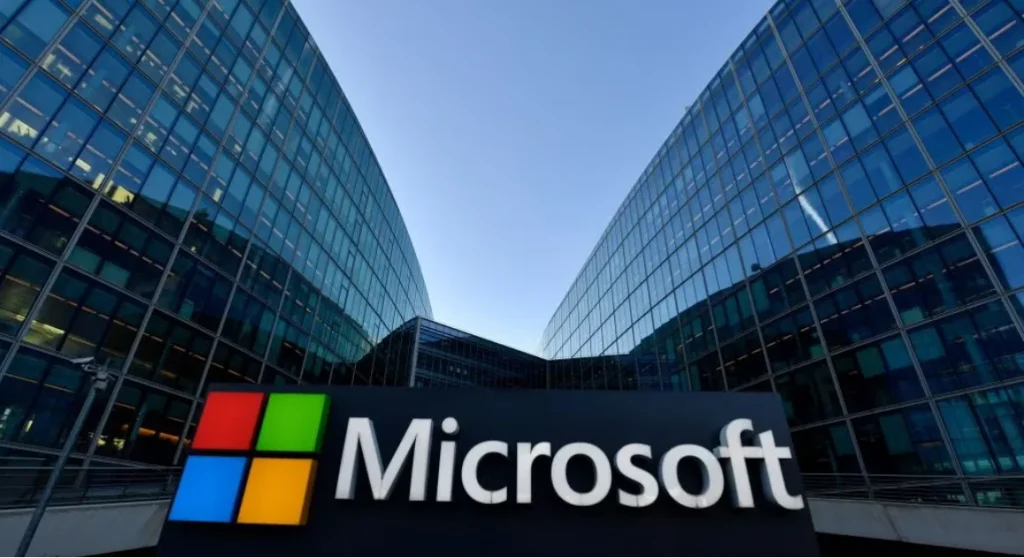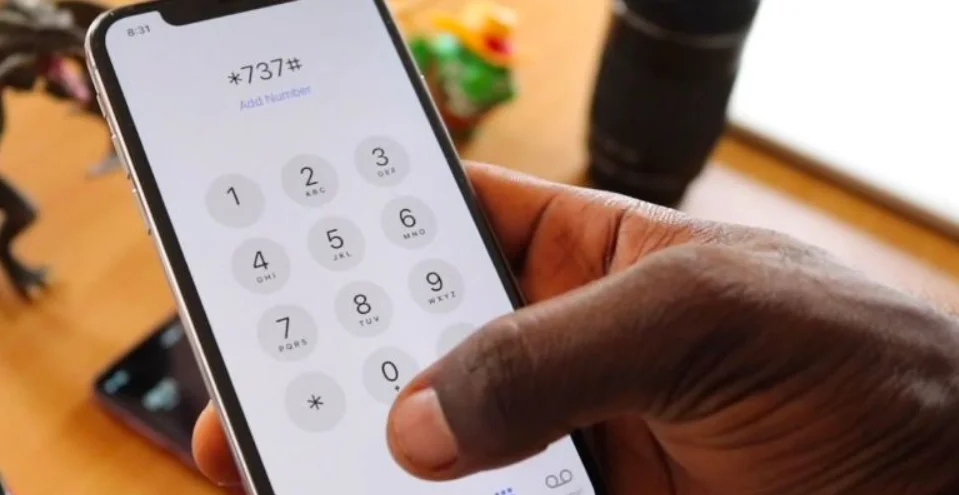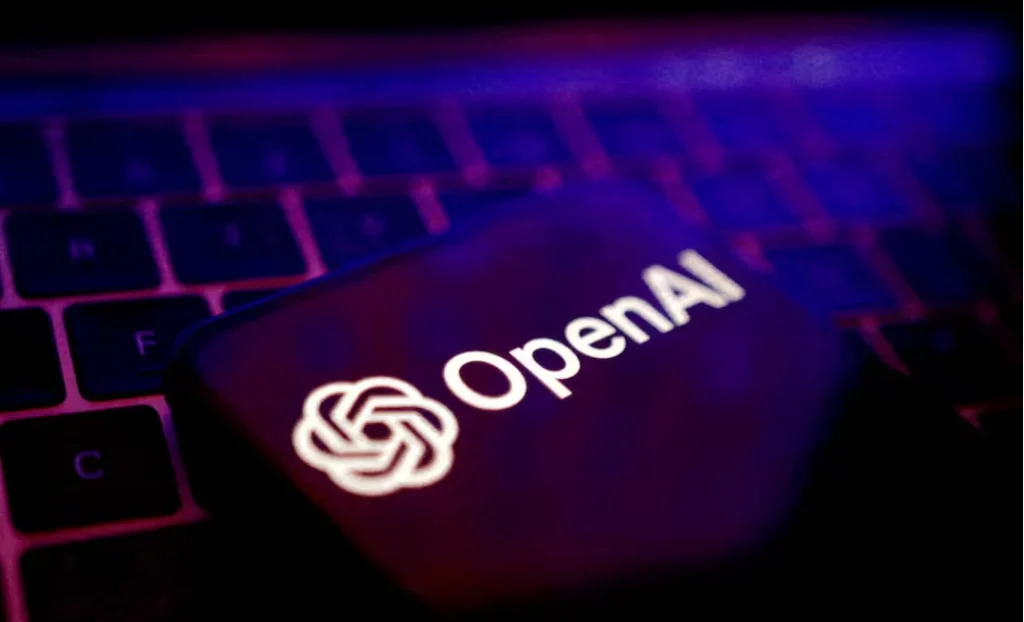Telecom Subscribers Frustrated by Poor Service Quality Months After 50% Tariff Hike
Nigerian telecom subscribers continue to express anger and disappointment over the poor quality of network service across the country, months after a 50% tariff hike that was expected to lead to better performance.
From slow internet speeds to frequent network outages, customers of MTN, Airtel, Globacom, and T2 have voiced growing frustration. Despite multi-million-dollar investments and regulatory assurances, the quality of telecom service in Nigeria appears to be worsening rather than improving.
Subscribers Decry Worsening Service Despite Higher Tariffs
The Nigerian Communications Commission (NCC) had approved a 50% tariff increase earlier this year, assuring subscribers that operators would use the additional revenue to upgrade infrastructure and improve service quality.
However, months later, many subscribers say nothing has changed.
“There is no service in my sitting room or kitchen, only in my bedroom — and even that disappears sometimes. You can’t even enjoy the data you buy with your hard-earned money. It’s crazy,” said Tolu, a Lagos resident.
Another user, John, narrated how he had to switch between three different networks to make a simple bank transfer:
“If I didn’t have multiple SIM cards, I would have been stranded. The frequency of network failures is frustrating. Every single day, the network just disappears.”
For Pelumi Ajayi, who recently bought a 5G router, the experience has been disappointing:
“It’s been almost two months, and I barely get 1Mbps speed. The router only works at night — this is supposed to be 5G.”
These experiences reflect the widespread dissatisfaction among millions of Nigerians who feel telecom operators have failed to justify the increased costs with any tangible improvements.
Telcos Blame Fibre Cuts and Infrastructure Damage
Telecom operators, however, insist that the poor service quality is not intentional. They attribute the disruptions to frequent fibre-optic cable cuts and infrastructure vandalism across the country.
According to a senior telecom executive,
“It’s not in our interest for the network to be poor. When customers can’t use our services, we lose revenue. Fibre cuts drain our resources — we spend billions fixing cables, only for them to be cut again days later.”
In 2024 alone, operators reportedly lost over ₦5 billion in Lagos State due to cable damage and vandalism.
Lagos Identified as a Hotspot
- Over 2,500 fibre cuts were recorded in 2024, mostly in Ikeja, Lekki, and Victoria Island.
- Areas like Alimosho and the Mainland have become hotspots for cable theft and vandalism.
- Ongoing road construction and private developments are also major contributors to these disruptions.
NCC Raises Alarm Over Infrastructure Damage
The Nigerian Communications Commission (NCC) has expressed serious concern about the escalating damage to telecom infrastructure nationwide.
According to Dr. Aminu Maida, the Executive Vice Chairman of the NCC:
“MTN, Airtel, 9mobile, and other operators now record an average of 1,100 fibre cuts every week. In addition, we see around 545 cases of access denial and 99 theft incidents weekly.”
He described these incidents as a national emergency, warning that they are responsible for dropped calls, failed online transactions, and internet disruptions that affect both individuals and businesses.
“Every fibre cut or act of vandalism stalls Nigeria’s digital transformation goals and threatens national security,” Maida added.
Government Steps In to Protect Telecom Infrastructure
In August 2024, President Bola Tinubu signed the Designation and Protection of Critical National Information Infrastructure Order, officially classifying telecom infrastructure as critical national assets.
Under this law, damaging or stealing telecom infrastructure is now a criminal offence, punishable by imprisonment.
Dr. Bosun Tijani, Minister of Communications, Innovation, and Digital Economy, said the order was a significant move to protect ICT investments and enhance network reliability across the country.
However, this is not the first time such declarations have been made. A similar directive was issued in 2020 by former Minister Isa Pantami, though enforcement remains a challenge.
To address the problem, the Federal Ministry of Works (FMoW) and the Federal Ministry of Communications, Innovation, and Digital Economy (FMoCIDE) have formed a Joint Standing Committee tasked with coordinating efforts to prevent cable damage during road construction and other public works.
What Lies Ahead for Nigeria’s Telecom Sector
Despite the promises and ongoing investments, service quality remains a major concern for millions of Nigerians.
Telecom operators argue that until infrastructure vandalism and fibre cuts are addressed, achieving reliable connectivity will remain difficult. Meanwhile, subscribers continue to bear the double burden of higher tariffs and poor service.
The situation highlights the urgent need for stricter enforcement, public awareness, and stronger collaboration between government agencies, telcos, and local communities to safeguard Nigeria’s digital future.



